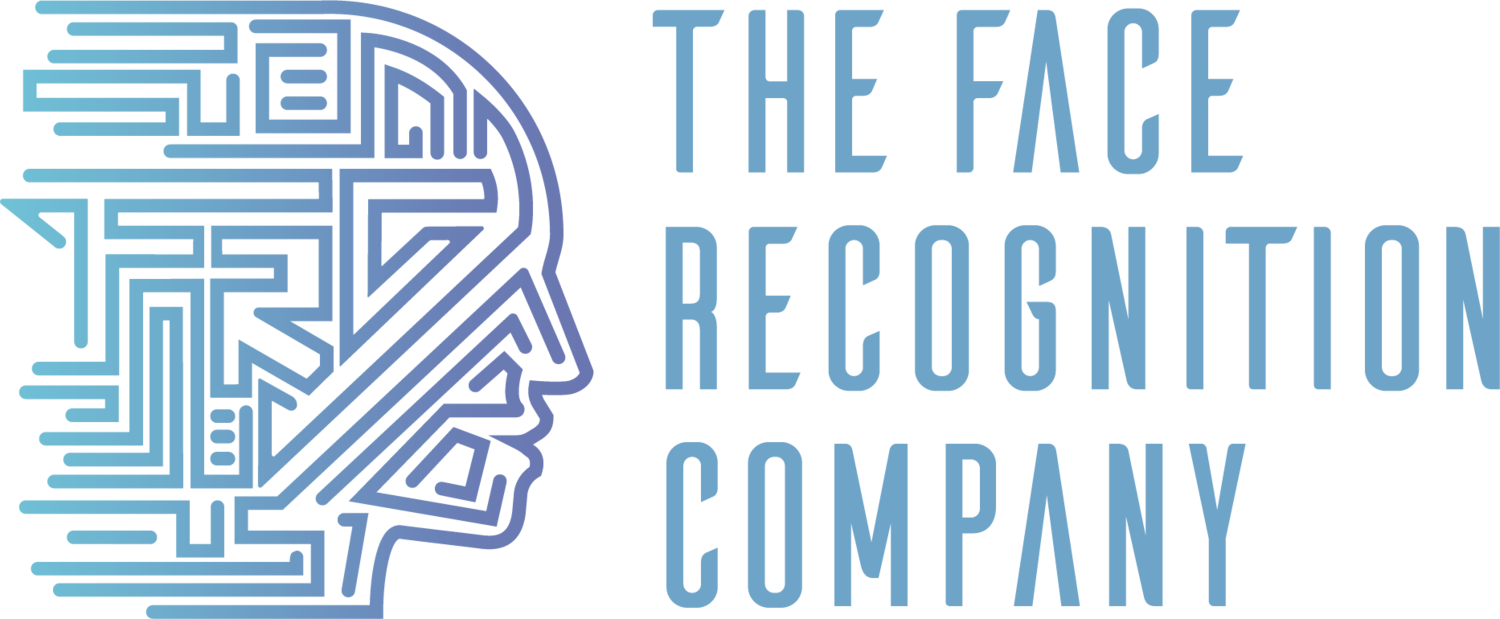Ahead of the Game
We’ve all missed the excitement of live sports. And although we’ve adjusted to the canned crowd noise over the TV viewings, it’s one of those things that we’ll never want to keep post-COVID. ‘Being there’ is what it’s all about. The noise, the crowds, the whole experience of thousands of people cheering and roaring as one. It fulfils our need for community – a shared experience that can never be replaced by remote coverage.
It’s going to be a very different world when restrictions ease. Initially, it’s likely that stadium crowds will be much smaller – allowing spacing to be observed with a cautious reopening. But over time, the country will be looking to reopen stadiums to their full capacity – and full experience. It’s likely, though, that the experience of COVID will see altered behaviours. People are naturally going to be more cautious in crowds – many will continue to wear masks (and this may even be part of society for many years to come). In all the excitement of opening up the country, reconnecting with our favourite sports, meeting our friends and reconnecting with our communities, a new challenge will present itself.
Where large crowds gather, inevitably so too will people with criminal intent. Vandalism, theft, and violence will not have dissipated with COVID – and the normality of mask wearing will undoubtedly support attempts to conceal identity and commit crimes.
But that’s not all. This month, the Premier League and the English Football League have been asked by Deputy Chief Constable Mark Roberts to assist in the fight to tackle racist abuse. The Deputy Chief Constable believes that this time of lockdown provides the ideal opportunity for reflection on what is anticipated will be a new spike in hate crime once stadiums reopen. Hate crime was already on the increase prior to lockdown – the Deputy Chief Constable believes this will become much worse, particularly as online behaviour may have prompted a sense that some behaviours, with the benefit of anonymity behind a keyboard, are acceptable. The Face Recognition Company is supporting clubs and security organisations with their duty of care – providing the tools they need to tackle racist abuse by quickly identifying the perpetrators.
Where people gather, protection needs to be provided. Identification of known offenders, before they enter the stadium or event, needs to be the goal. Keeping out the unwelcome elements helps everyone to feel safe and secure as they enjoy the events that they have missed so much.
The Face Recognition Company has made sure that this is possible. Our system now identifies known threats regardless of whether a mask is worn or not – and using data supplied by the appropriate authorities, in conjunction with club security, the systems can be active in different areas of the stadium – from entrances to the stands. Additional options also include roving recognition, to complement the static cameras and reduce risk of avoidance.
A mask might help protect against COVID, but it won’t protect a criminal or unwanted visitor against detection. It’s our contribution to getting life back to normal – getting ahead of the game, so that we can all enjoy the game once more.

